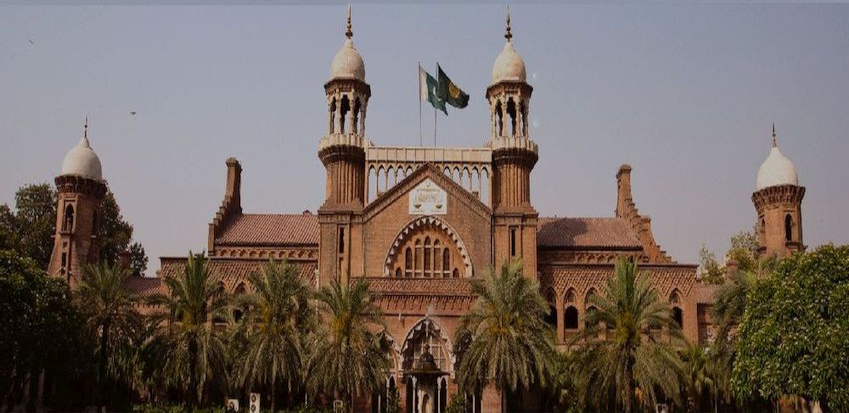The Federal Cabinet does not have the Authority to Create Policies that restrict Fundamental Rights without Legislative Backing --- Lahore High Court, Lahore
Islamabad 11-09-2024: In a landmark ruling, the Lahore High Court has declared the “Policy for Local NGOs/NPOs Receiving Foreign Contributions-2022” as unlawful and invalid. The Court ruled that the Federal Cabinet lacked the necessary legislative backing to enforce the policy, which sought to regulate foreign contributions received by Non-Governmental Organizations (NGOs) and Non-Profit Organizations (NPOs) in Pakistan.
The judgment was delivered by Mr. Justice Asim Hafeez in response to three petitions, including [W.P. No. 15453/2024] filed by the Human Rights Commission of Pakistan. The petitioners challenged the legality of the policy, arguing that it violated their fundamental rights under Article 18(a) of the Constitution, which guarantees the right to trade, business, or profession subject to reasonable restrictions imposed by law.
The Court emphasized that the Federal Cabinet does not have the authority to create policies that restrict fundamental rights without legislative backing. The policy, aimed at regulating foreign funding, was found to be an overreach of executive powers, as it was not supported by any statutory law. The Court cited Mustafa Impex Karachi and Others Vs. Government of Pakistan (PLD 2016 Supreme Court 808), which held that executive actions must be grounded in law.
The Court ruled that the policy infringed upon the petitioners’ constitutional right to receive foreign funding, as guaranteed under Article 18(a). The Court reaffirmed that any restrictions on this right must be based on clear legislative authority, not merely executive policies.
One of the contentious points of the policy was the involvement of security agencies in granting clearance for NGOs and NPOs to receive foreign contributions. The Court found this requirement unlawful, as it was not backed by any legislation. The ruling also highlighted that the policy failed to identify the specific security agencies involved, adding to the lack of legal clarity.
Mr. Justice Asim Hafeez stressed that the Rules of Business, 1973, which were cited by the Federal Government in defense of the policy, do not provide the authority to curtail fundamental rights. The Court concluded that the Federal Cabinet cannot make laws or enact policies affecting constitutional rights without explicit legislative approval.
The ruling has far-reaching implications for the regulatory landscape governing NGOs and NPOs in Pakistan. It sends a clear message that the executive branch cannot bypass Parliament to introduce policies that affect fundamental rights. The Court emphasized the separation of powers and reinforced the principle that any government action restricting rights must be authorized by law.
The decision also puts into question the broader efforts by the government to regulate foreign contributions in line with international obligations, particularly under the FATF (Financial Action Task Force) framework. The government’s focus on combating money laundering and terrorism financing was noted, but the Court underscored that even these objectives must be pursued within the framework of constitutional and legal mandates.
The Lahore High Court’s decision to invalidate the policy underscores the judiciary’s role in protecting constitutional rights and ensuring that executive actions are grounded in legislative authority. The ruling reaffirms that the Federal Government cannot use executive powers to override fundamental rights without the explicit backing of law. The Court’s decision is likely to have significant implications for how the government regulates NGOs and foreign funding in the future.
Powered by Froala Editor








